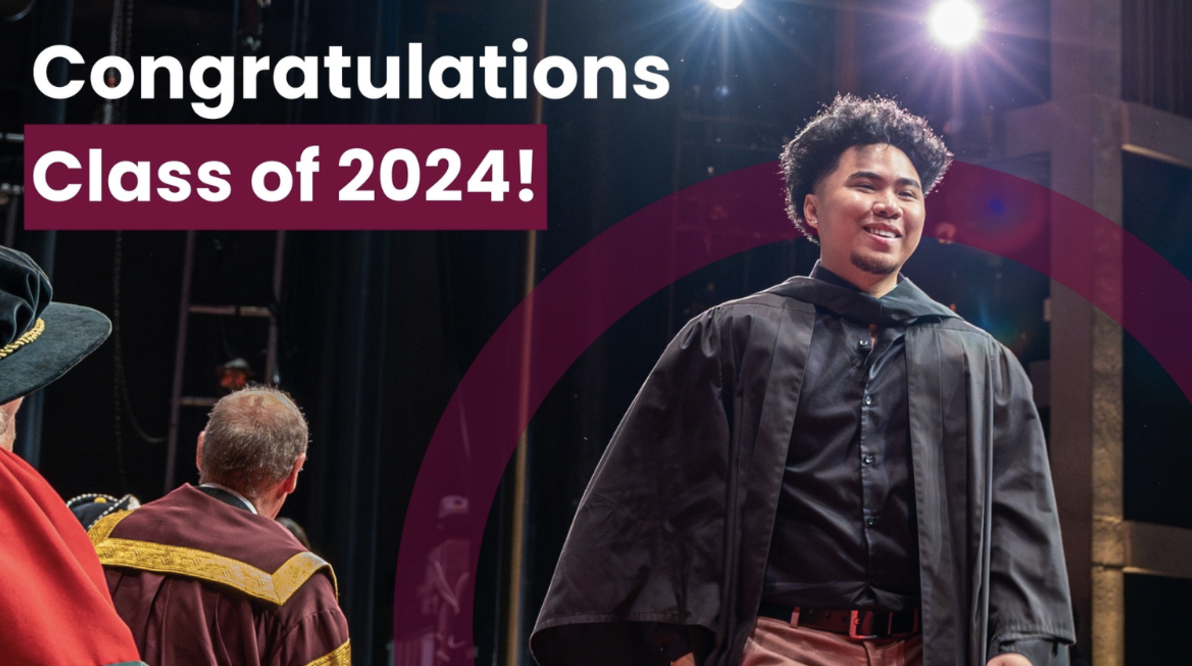Prioritizing SDG 6 while on exchange at the Universidad del Rosario in Colombia
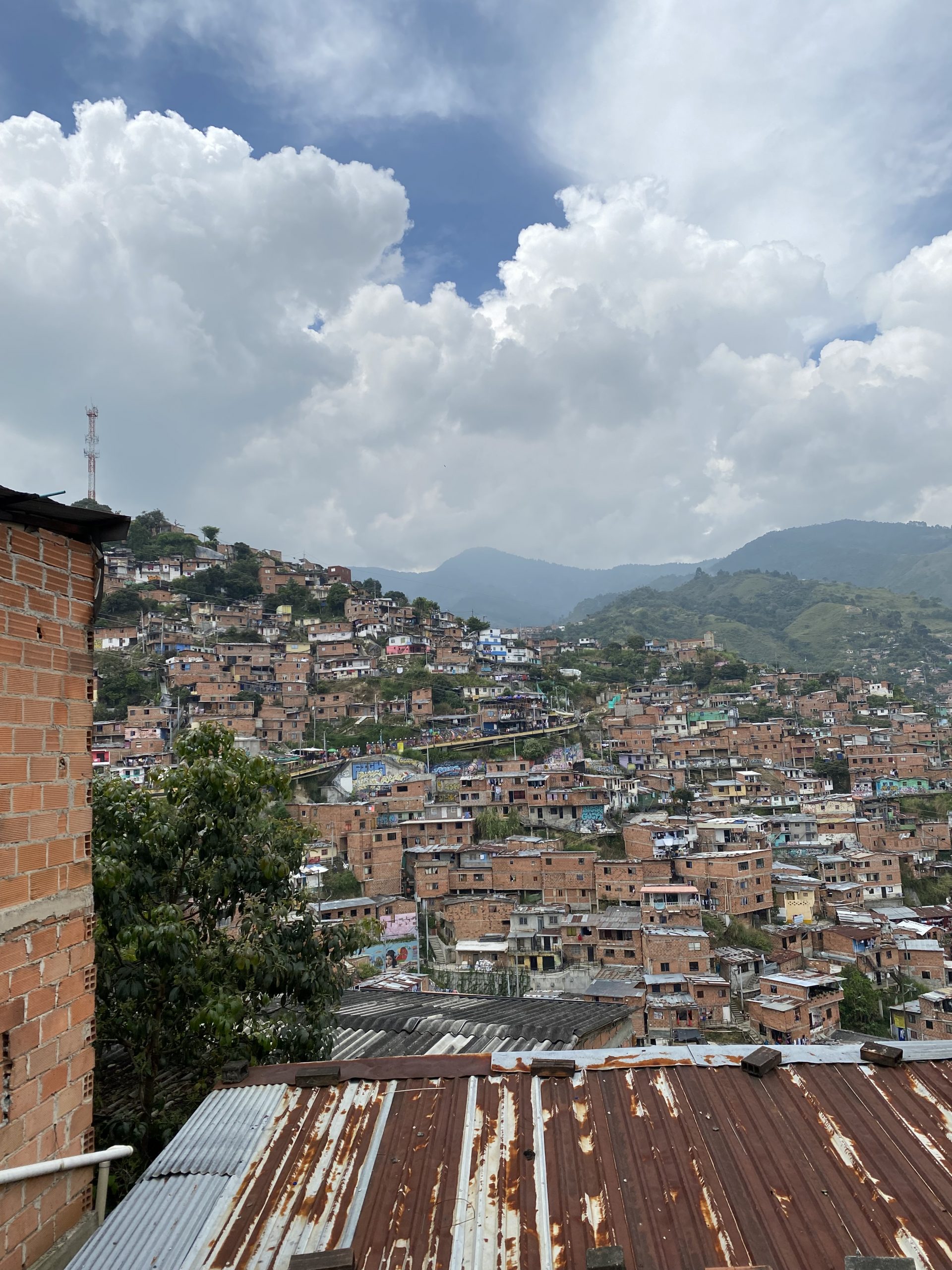
During the Winter term, MSc Global Health students have the opportunity to take part in a mobility exchange with our partner institution Universidad del Rosario. The elective track, Community Health in Moving Populations, uses learning strategies to provide local and international students the opportunity to learn about the context of health and well-being in Colombian communities.
This collaboration promotes student mobility and aligns with the McMaster University’s commitment to global citizenship, internationalization, and prioritization of the United Nations Sustainable Development Goals (SDGs).The goal of the exchange is for students to learn about the dynamics of vulnerable communities, understand the strengths and weaknesses of the health system, and to gain global health research experience.
This year, MSc in Global Health students are participating in a program titled Programa de Educacion Interprofesional en el Territorio (PEIPT) to facilitate access to healthcare for rural communities of La Vega, Colombia.
One such student is Amna Ansari, who is also the co-founder of the Academic Women’s Success and Mentorship (AWSM) committee at McMaster University. While on exchange, Amna continued her role to work with professors and students across disciplines to stimulate dialogue on ways to integrate and sustain a culture of leadership, mentorship, and success among female academics across the university. Since its inception in 2014, Amna has co-organized its annual lecture series and International Women’s Day celebrations including the recent dialogue featuring Dr. Sonia Anand, professor in the Department of Medicine, and the Director of the Population Genomics Program and the Honourable Anita Anand, Minister of National Defence of Canada.
To get a glimpse into Amna’s insights on gaining international experience and working on a multidisciplinary team while on exchange at Rosario, we asked her some questions.
Why did you choose the Community Health and Moving Populations concentration at the Universidad del Rosario?
I chose the Community Health and Moving Populations concentration as I believe there is no better way to learn Global Health than participating in a project in the Global South. As a Certified Physician’s Assistant, the health of internally displaced persons, refugees, migrants, and other vulnerable populations has always interested me. I am grateful to be learning firsthand the social determinants of health and other challenges such individuals face in Colombia.
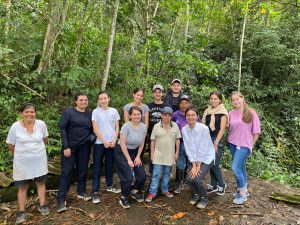
What specific project are you working on?
With a focus on clean water and sanitation (SDG 6), I am working with the rural community in La Vega to co-develop a water management infrastructure proposal. Despite it being contaminated, this population currently consumes water directly from the river. Hence, a student from Spain and I are educating the local population on the health risks associated with consuming untreated water.
What is your experience and perspective on learning within transcontinental teams and the opportunity to collaborate with a global network?
Learning within transcontinental teams and having the opportunity to collaborate with a global network has been an invaluable experience. Utilizing an interdisciplinary approach, we have been able to employ the diverse skills and knowledge of all team members toward the accomplishment of our common goal to improve safe drinking-water, sanitation and hygiene
in the region. Additionally, we have developed a deep respect for each other’s varying perspectives.

What is your favourite aspect of being in Bogota, Colombia?
Apart from academics and fieldwork, my favourite aspect of being in Bogota, Colombia has been the active lifestyle I have adopted. Thanks to the pleasant climate, I have had lots of opportunities to be physically healthy and enjoy the outdoors (i.e. walking, hiking, and biking)!
Recognizing the progress Colombia has had since its implementation of the SDGs, the partnership with Rosario has enabled students to gain firsthand experience learning about how the SDGs have been adopted to the Colombian context. Learning from each other, we can create global impact as an outcome of experiential learning and student mobility.
Global Health News
Related News
News Listing
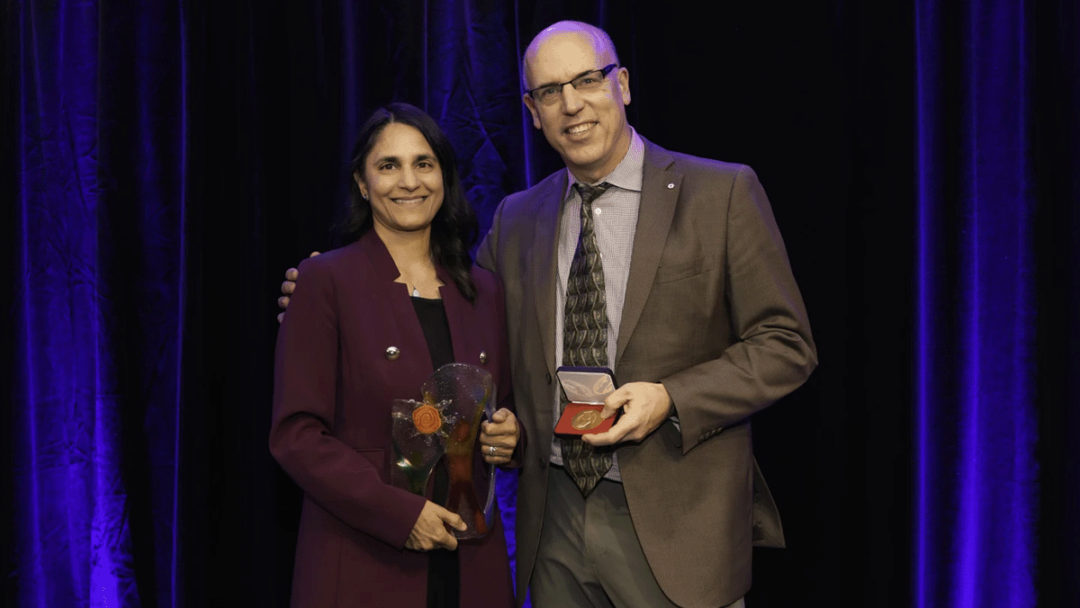
Faculty of Health Sciences News ➚
Sonia Anand recognized with HRF Diversity & Equity in Research Award
Global Health News
6 hours ago
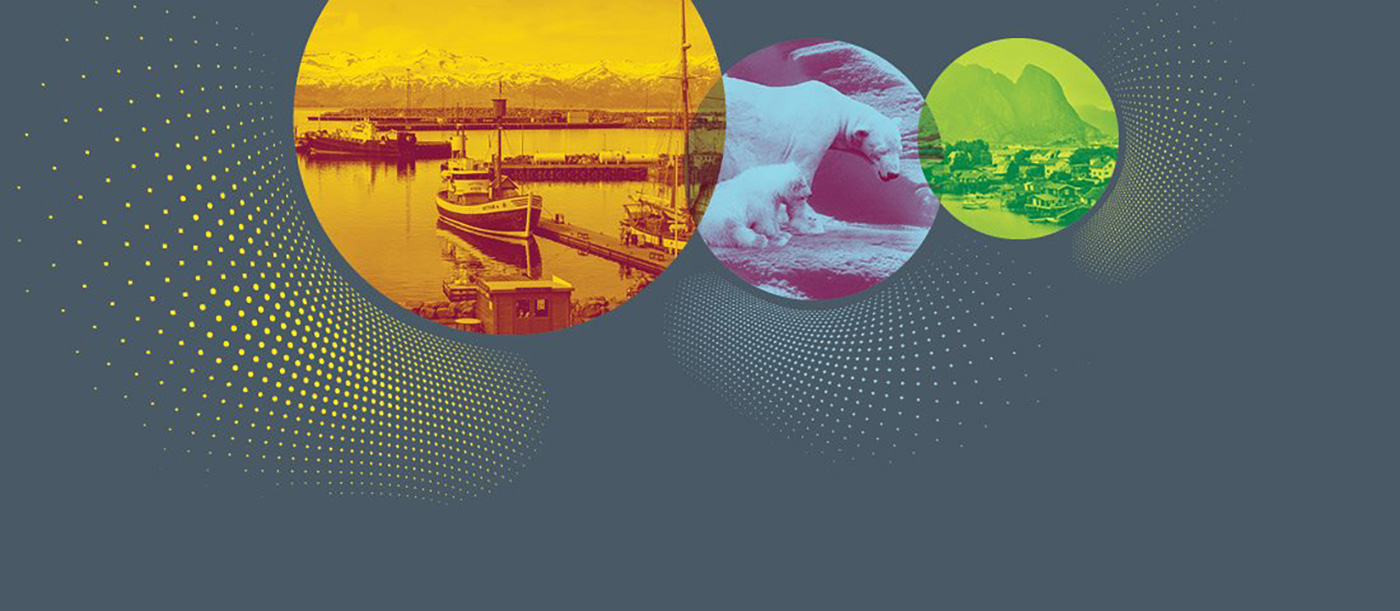
Health and Humanitarian Implications of War, Crises, and Conflict
Global Health News
November 11, 2024

